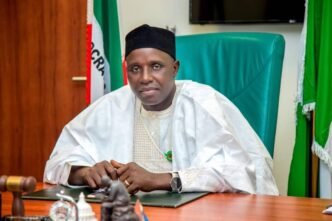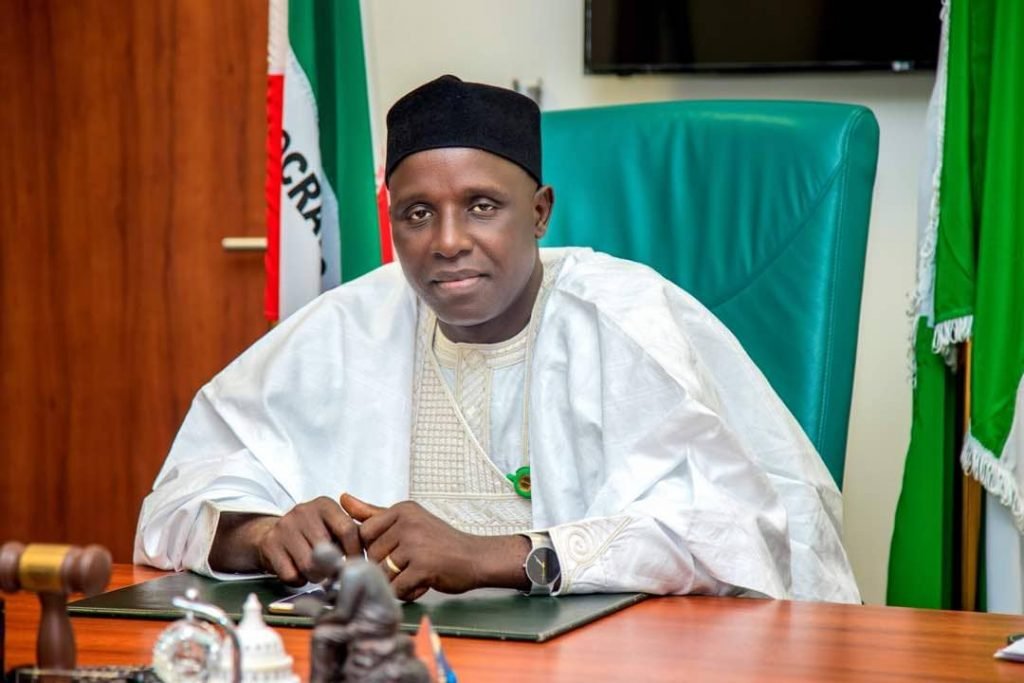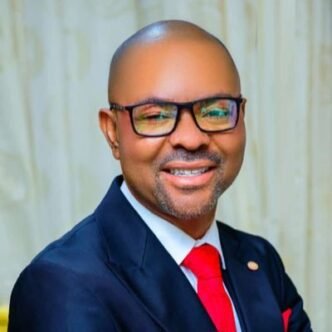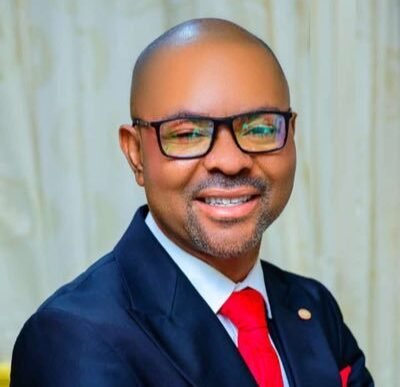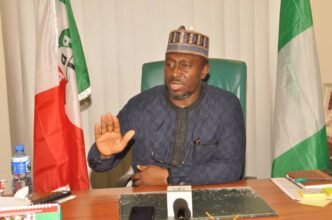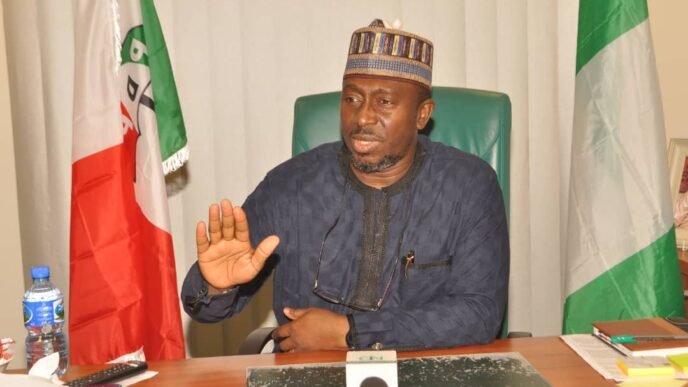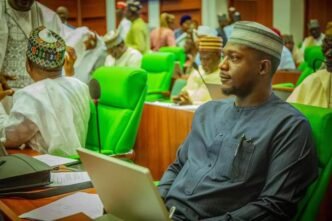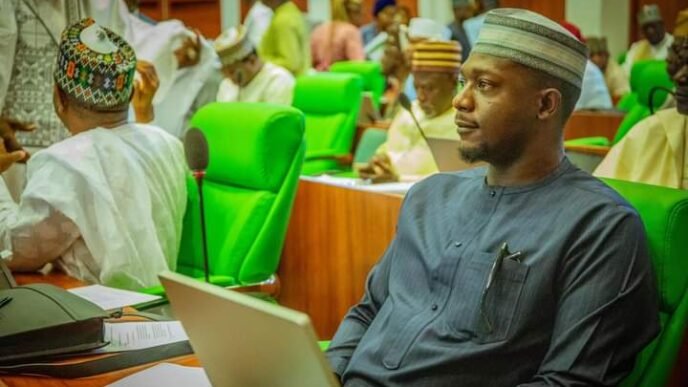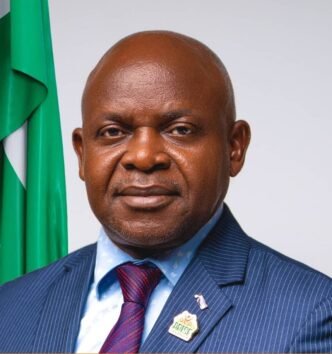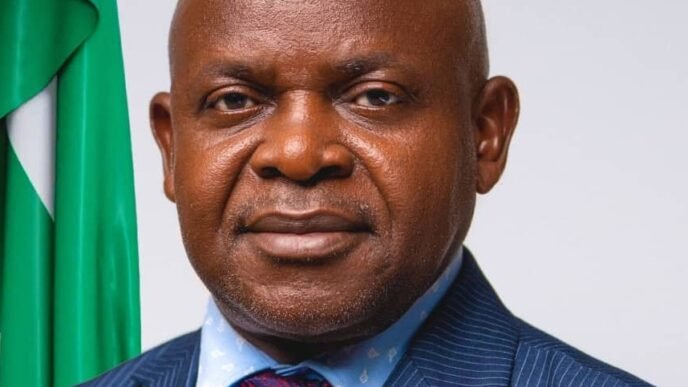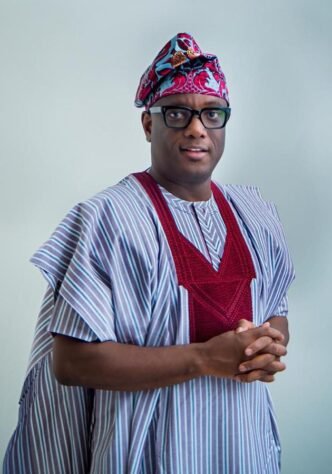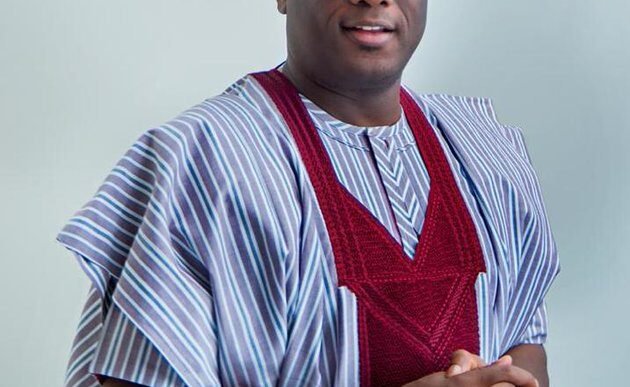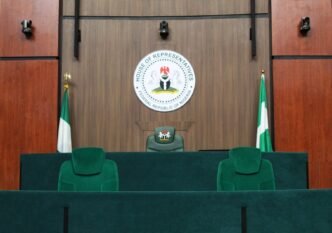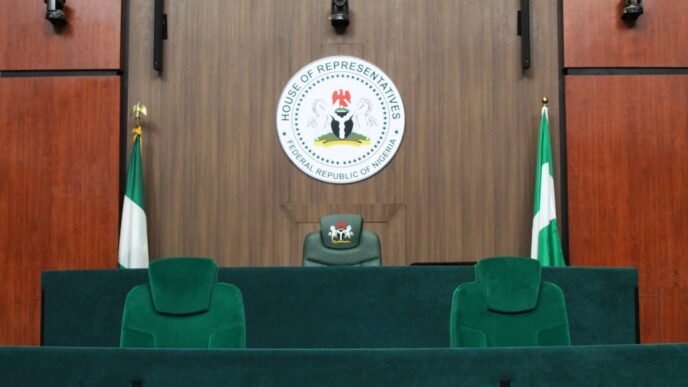HB. 79-A BILL FOR AN ACT TO ALTER THE CONSTITUTION OF THE FEDERAL REPUBLIC OF NIGERIA, CAP.C23, LAWS OF THE FEDERATION OF NIGERIA, 2004 TO PROVIDE FOR THE ESTABLISHMENT OF THE ECCLESIASTICAL COURT OF APPEAL OF THE FEDERAL CAPITAL TERRITORY ABUJA AND THE ECCLESIASTICAL COURT OF APPEAL OF THE STATES; AND FOR RELATED MATTERS. Sponsored by Hon. Istifanus Gyang, Bill Progress: Committee stage.
This Bill seeks to alter 6, 84, 247, 280, 288, 289, 292, 318, and the 3rd Schedule of the Constitution to provide for a similar Court system to the Sharia Courts, unique to Christianity, called; the Ecclesiastical Court of Appeal of the Federal Capital Territory, Abuja and the Ecclesiastical Court of Appeal of the States, despite the disparities in Christian beliefs in Nigeria.
A significant legislative proposal, HB 79, is currently under consideration in the Nigerian House of Representatives. The bill’s full title is “A BILL FOR AN ACT TO ALTER THE CONSTITUTION OF THE FEDERAL REPUBLIC OF NIGERIA, CAP. C23, LAWS OF THE FEDERATION OF NIGERIA, 2004 TO PROVIDE FOR THE ESTABLISHMENT OF THE ECCLESIASTICAL COURT OF APPEAL OF THE FEDERAL CAPITAL TERRITORY ABUJA AND THE ECCLESIASTICAL COURT OF APPEAL OF THE STATES; AND FOR RELATED MATTERS.”
The core aim of HB 79 is to amend the Constitution to establish Ecclesiastical Courts of Appeal at both the federal level, specifically in the Federal Capital Territory (FCT) Abuja, and in the various states. These courts would be responsible for adjudicating matters related to Christian personal law and other ecclesiastical issues.
As a bill aimed at altering the Constitution, HB 79 requires a supermajority vote in both chambers of the National Assembly, as well as ratification by at least two-thirds of the State Houses of Assembly to become law.
The significance of HB 79 extends beyond mere legal frameworks; it has sparked considerable debate regarding Nigeria’s secular identity and its judicial system. Currently, Nigeria’s Constitution permits the establishment of Sharia Courts of Appeal, which adjudicate Islamic personal law matters for Muslims. The introduction of this bill is perceived as an effort to provide Christians with a parallel system of courts for handling personal law matters, thus establishing legal parity between different religious groups.
The proposed Ecclesiastical Courts would deal with issues such as Christian marriages, wills, succession, and guardianship for parties who voluntarily submit to the court’s jurisdiction. This could substantially expand Nigeria’s multi-door justice system by adding specialized courts focused on religious and personal law.
The introduction of these courts raises important constitutional questions. Critics of HB 79 argue that it could further entrench religious divisions within the legal system of what is constitutionally a secular state. Proponents, however, contend that the bill promotes religious freedom and equal treatment under the law in light of the existing Sharia court structures.
Hon. Istifanus Gyang, representing the Barkin Ladi/Riyom Federal Constituency of Plateau State, is the main sponsor of HB 79. Reports indicate that he is supported by a coalition of lawmakers, as the bill is said to have multiple co-sponsors.
Having successfully passed its second reading in the House of Representatives, HB 79 has moved beyond its initial general debate and is now set for more thorough examination by relevant committees, likely including the Committee on Constitutional Review. Its future will depend on ongoing political support and the complexities involved in the constitutional amendment process.
The discussions surrounding HB 79 mark a pivotal moment in Nigeria’s ongoing dialogue about the relationship between governance, law, and religion in a diverse society.
